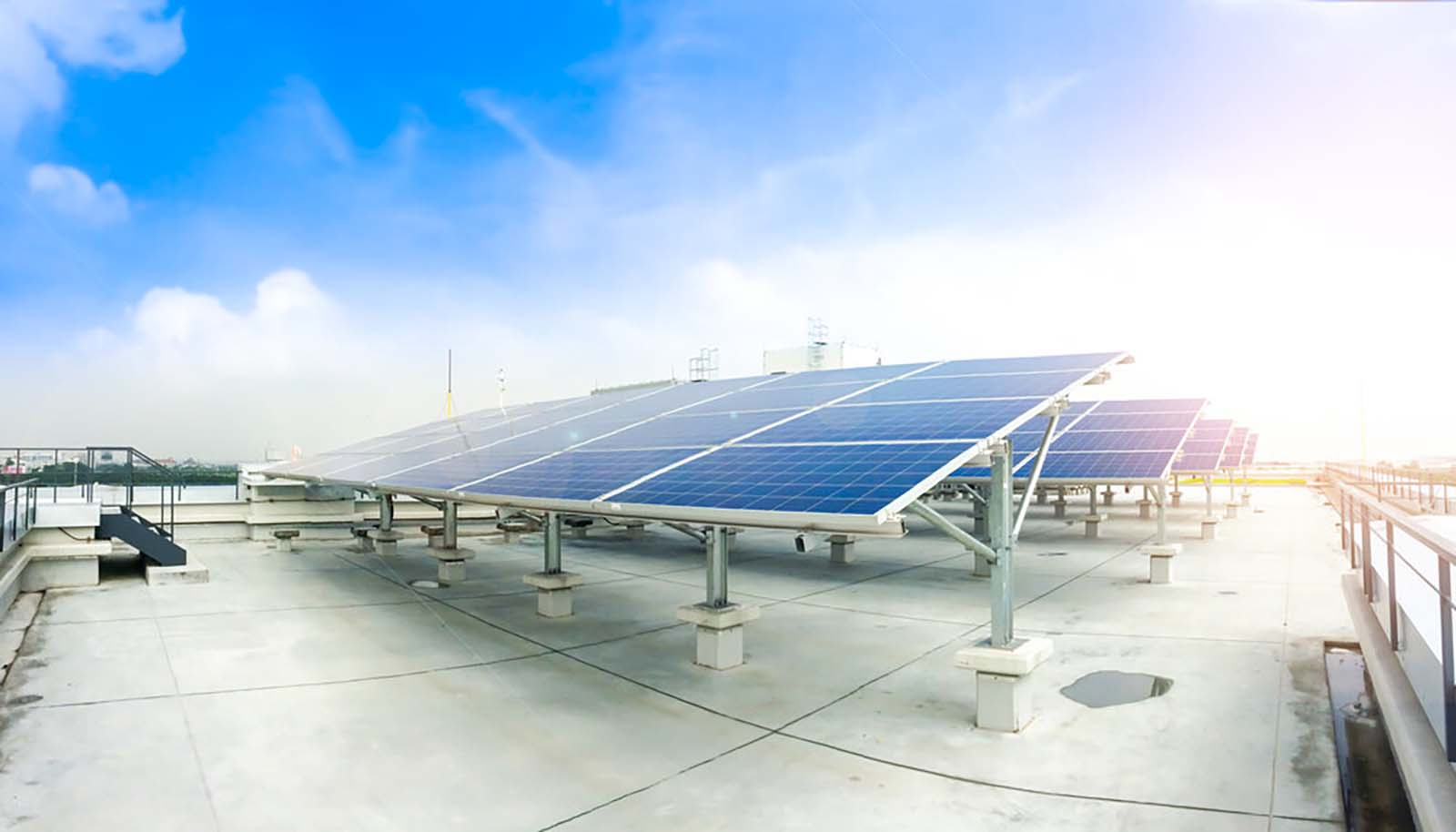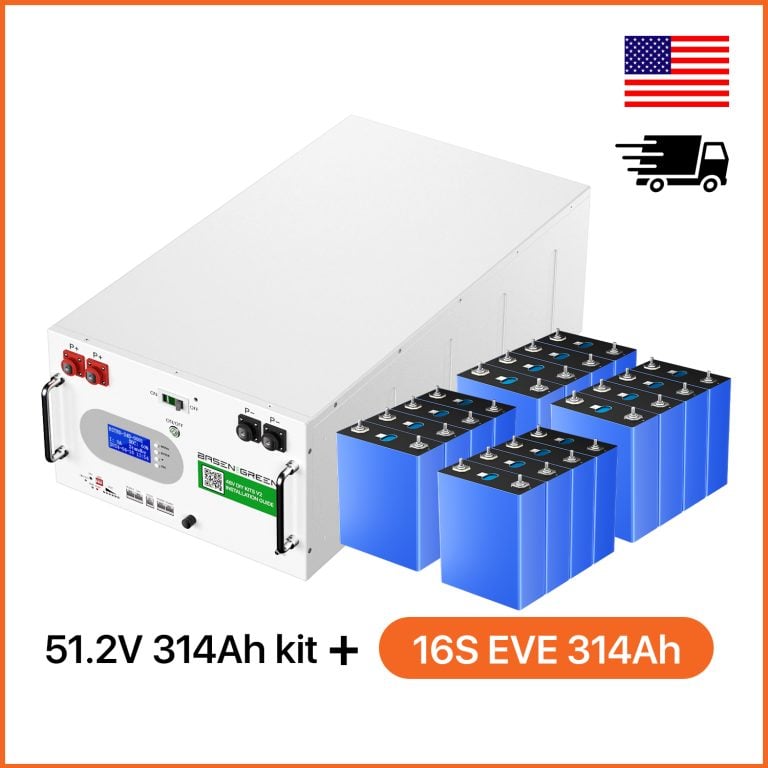Can a Flywheel Energy Storage System Power a Home?

Introduction
With the increasing demand for sustainable and renewable energy sources, more homeowners are looking for alternative methods to power their homes. One such option is a flywheel energy storage system, which has gained attention for its potential to store and release energy efficiently. But can a flywheel energy storage system truly power a home?
What is a Flywheel Energy Storage System?
Overview
A flywheel energy storage system is a mechanical battery that stores kinetic energy in the form of a rotating mass. When the system is charging, it spins the flywheel at a high speed to store energy, and when it’s discharging, it slows down the flywheel to release the stored energy.
How it Works
During periods of excess energy production, such as during sunny or windy days, a flywheel energy storage system can be charged by using the surplus energy to accelerate the flywheel. Then, during times when energy production is low, the stored energy can be released to power the home.
Can it Power a Home?
Pros
One of the main advantages of a flywheel energy storage system is its ability to quickly store and release energy. This makes it a reliable option for providing backup power during outages or periods of low energy production from other sources, such as solar or wind. Additionally, flywheel systems have a longer lifespan and require less maintenance compared to traditional battery storage systems.
Cons
However, while flywheel energy storage systems have many benefits, they may not be able to solely power a home. Their energy storage capacity is typically lower than that of battery systems, and they may not be able to provide continuous power for extended periods without additional energy sources.

Conclusion
While a flywheel energy storage system has the potential to supplement a home’s energy needs and provide backup power, it may not be enough to completely power a home on its own. However, when combined with other renewable energy sources, such as solar or wind, it can contribute to a more sustainable and reliable energy system for homeowners.
In conclusion, a flywheel energy storage system can be a valuable addition to a home’s energy infrastructure, but it may not be able to power a home on its own. Nonetheless, it offers a promising solution for energy storage and backup power.


